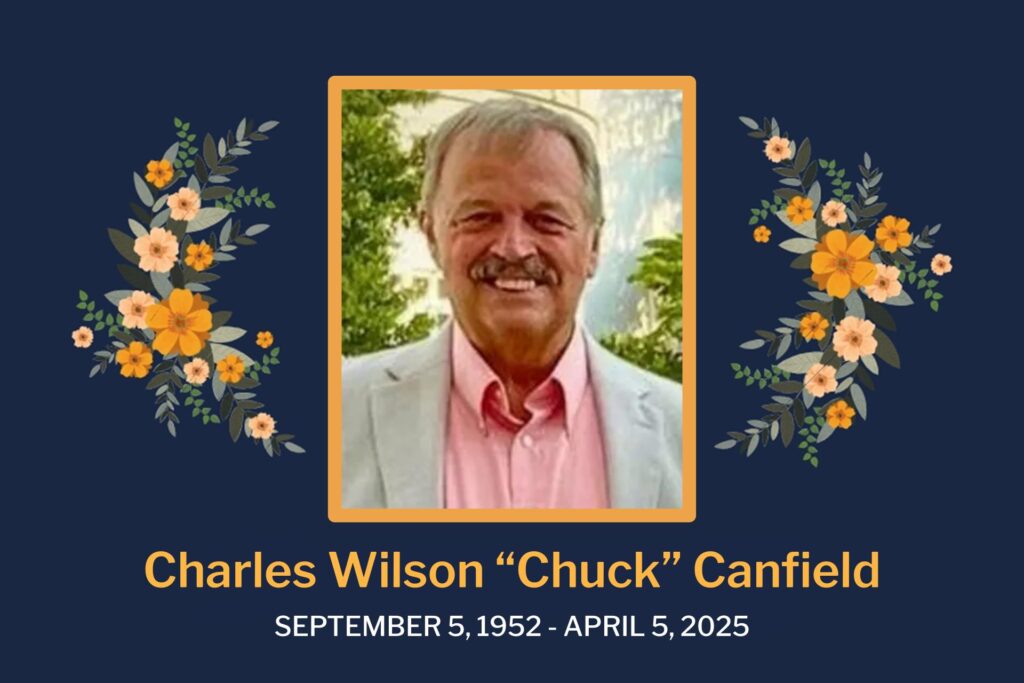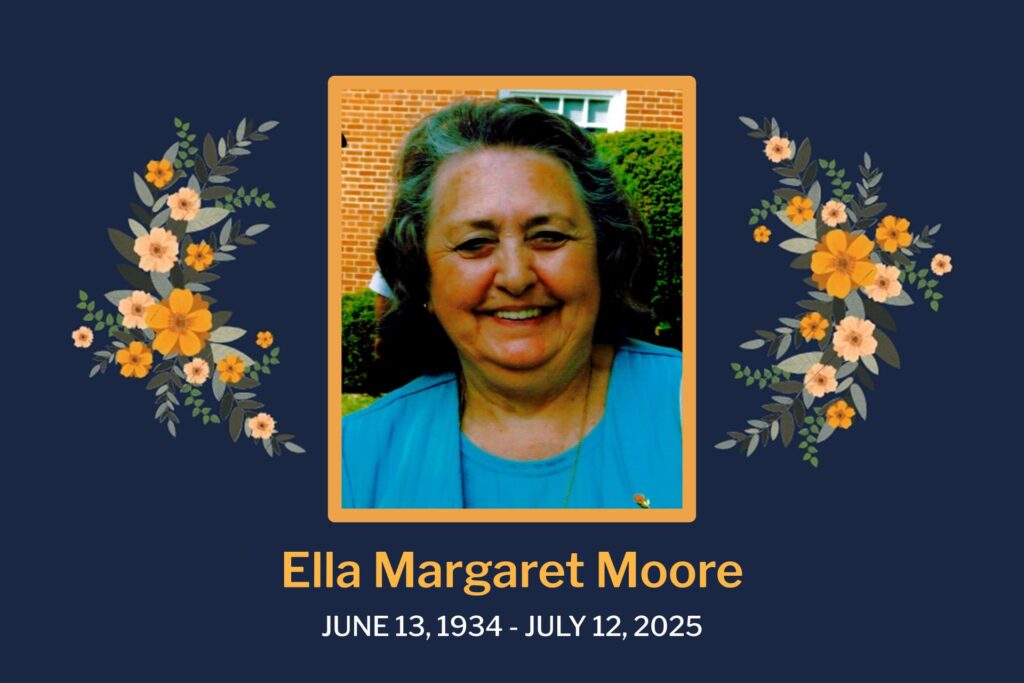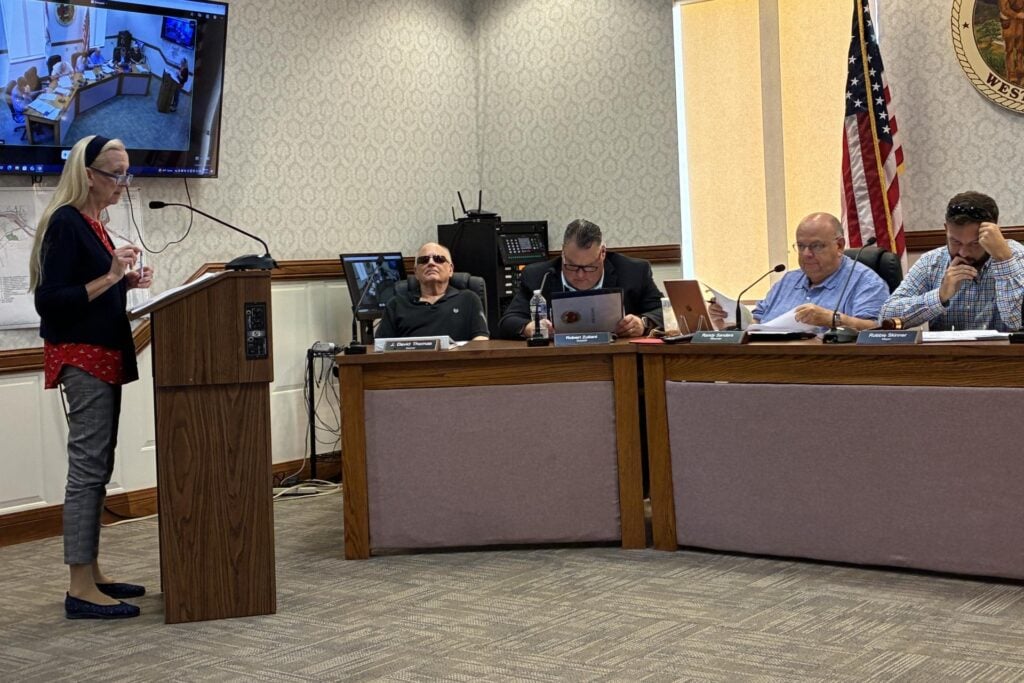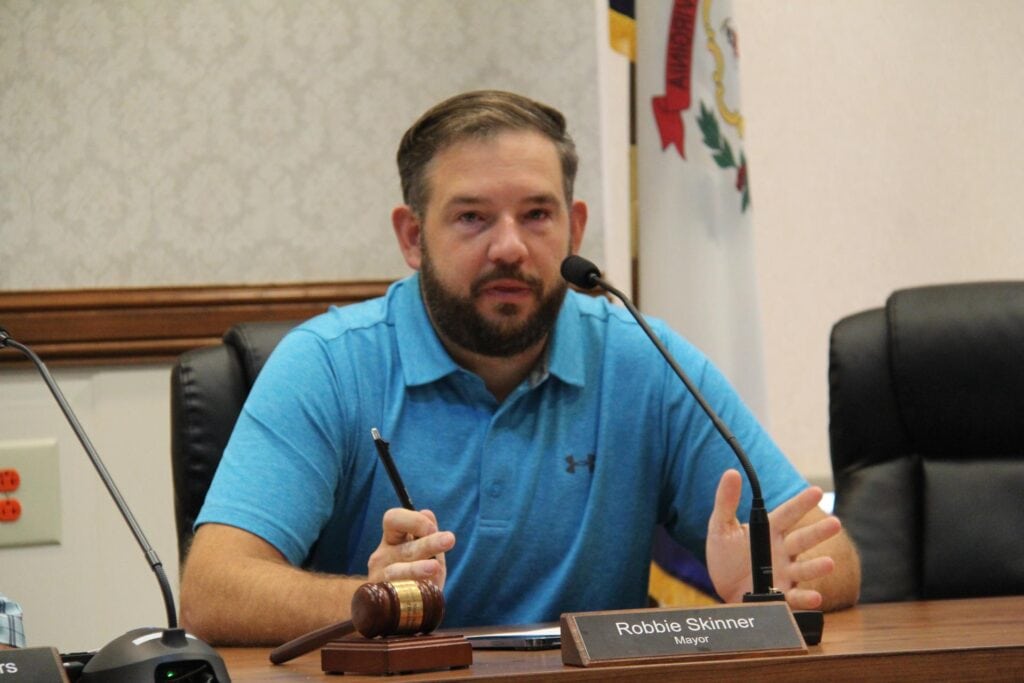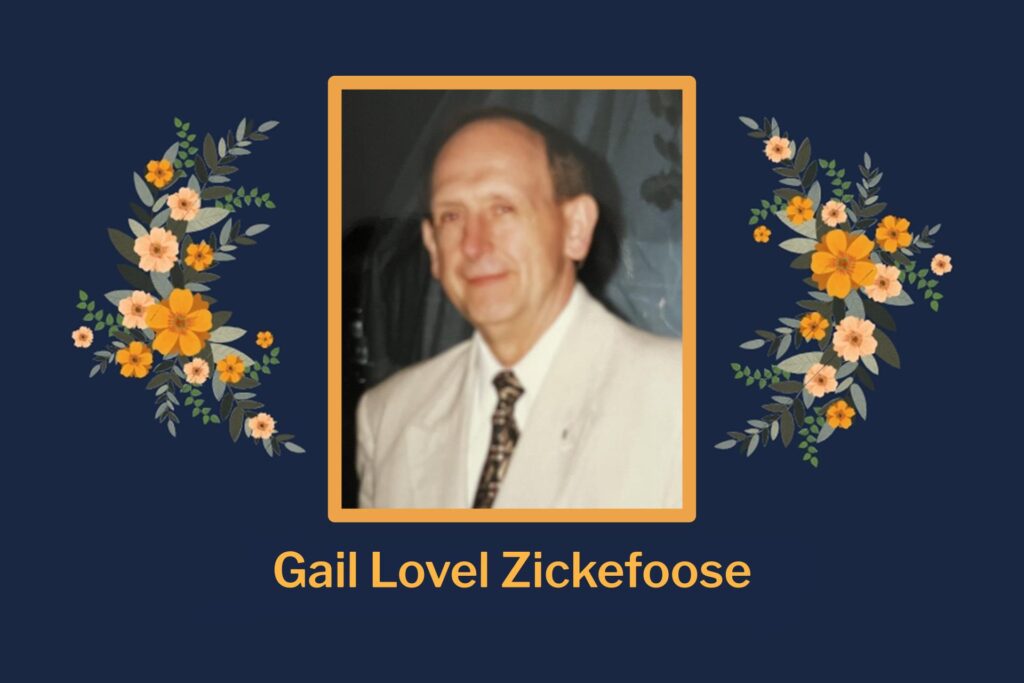Editor’s note: This story was originally published by Mountain State Spotlight. Get stories like this delivered to your email inbox once a week; sign up for the free newsletter at https://mountainstatespotlight.org/newsletter.
By Amelia Ferrell Knisely, Mountain State Spotlight
CHARLESTON — New incentive payments aimed at helping find permanent homes for West Virginia foster kids went unpaid for six months by the state agency charged with looking after those kids.
And as the delinquent payments mounted, adoption agencies contacted a lawmaker, fearing that if they raised the issue with the West Virginia Department of Health and Human Resources, department officials would retaliate against them.
Delegate Jeffrey Pack, co-chairman of the Legislative Oversight Commission on Health and Human Resources Accountability, told commission members this week that DHHR owed payments to several of the state’s child placement agencies. Pack sent a letter to DHHR on their behalf last month.
“The agencies that were owed a great deal of money didn’t feel comfortable coming to DHHR, so they had to come to me,” Pack, R-Raleigh, said.
While the letter he sent to Bureau of Children and Families Commissioner Linda Watts did not mention retaliation or fear, Pack told lawmakers, “We generally don’t have fear of things until something occurs to inspire lack of confidence or some degree of mistrust.”
Fear of retaliation is pervasive in West Virginia’s foster care system and extends to families caring for foster children, as the state’s foster care ombudsman detailed in a report to Pack and commission members earlier this year. Foster parents and kinship caregivers repeatedly told the ombudsman they were threatened that the agency could remove a child in their care.
Missing payments
Child placement agencies and DHHR are supposed to have a symbiotic relationship: DHHR pays the agencies to care for children, which includes placing kids in foster and adoptive homes. And the agencies rely on DHHR for referrals.
In an effort to ramp up West Virginia’s adoption rate — the state in the last decade has experienced a 70% increase in foster care cases — the Legislature in 2020 passed a bill that required DHHR to pay for-profit and nonprofit child placement agencies $1,000 per child for each adoption finalized. The incentive, which kicked off on Dec. 1, 2020, was also aimed at helping agencies recruit foster homes in place of those that closed once they adopted.
These are the payments Pack inquired about. His letter did not name specific child placement agencies and he declined interview requests for this story.
Mountain State Spotlight obtained Pack’s letter and DHHR’s response to Pack’s inquiry using the Freedom of Information Act. In that response, Watts said she wasn’t aware of the payment issue and DHHR would process all the payments by the end of this month.
But for those working with the state’s most vulnerable children, the alleged dysfunction in DHHR is a sign that the state is not effectively serving kids.
Marissa Sanders advocates for foster parents to lawmakers and DHHR through her organization, the West Virginia Foster, Adoptive and Kinship Parents Network.
“My reaction to Pack was, ‘If you think that the agencies are experiencing retaliation — the agencies who have access to attorneys and resources and have big contracts with DHHR — then obviously families are facing more,’” she said.
DHHR spokeswoman Allison Adler said in an email that the agency meets with child placement agencies on a regular basis.
“[The Bureau for Children and Families] does not have any information regarding Chairman Pack’s comments that the agencies were fearful of retaliation,” Adler wrote. “Moving forward, there should not be any delays in payments unless the case record is incomplete.”
Adler said since the program began in December, $154,000 was entered for payment as of June 10. Another $37,000 is being processed this week.
DHHR attorney Cammie Chapman, who was at the June 8 legislative meeting, told lawmakers the department will not tolerate any retaliation by the agency’s workers to any individual involved in a child’s case.
“There’s a need to have open communication such that the child placing agencies can feel comfortable and there’s space and time for complaints to be brought forward,” Chapman said.
Several West Virginia child placement agencies did not return Mountain State Spotlight’s calls for this story.
Steve Tuck, CEO of child placement agency Children’s Home Society of West Virginia, said his agency had raised concerns with Pack about adoption reimbursement funds within a general conversation about foster care. As of June 10, Tuck said, DHHR had not paid him the adoption reimbursement amount his agency is owed.
Tuck noted that Children’s Home Society of West Virginia was not one of the agencies that had contacted Pack citing fear of retaliation from DHHR.
However, he said he was not surprised that fear was highlighted prominently in the ombudsman’s report.
“I do know that individual foster parents have that fear of retaliation in their dealings with cases. They experience more tensions over individual case decisions, reporting of problems … and often feel isolated and unsure what to do [and] how to handle concerns,” said Tuck, who has been with Children’s Home Society for nearly 40 years.
Pervasive fear, lack of communication
Pack’s revelation comes on the heels of a first-of-its-kind report from the state’s new foster care ombudsman, who shared fear of retaliation was pervasive among those interacting with the system, including foster children and foster parents.
The ombudsman, Pamela Woodman-Kaehler, told lawmakers on June 8 that that fear and retaliation were prominent in her first and overall impressions of the child welfare system, which has experienced dramatic growth over the last decade alongside the state’s drug crisis. There were 6,916 children in West Virginia foster care as of May 31, according to DHHR.
Woodman-Kaehler’s report included repeated complaints from foster parents and kinship caregivers that CPS used child removals as a threat.
“I don’t like to compare the child welfare system to law enforcement, but that is the way the public views us,” Woodman-Kaehler said.
West Virginia leads the country in child removals, according to DHHR, and agency officials have said child neglect and substance abuse are the cause of many child removals in the state.
In 2019, state lawmakers created the ombudsman position as an impartial and confidential advocate for foster parents and foster children. The position is housed under DHHR.
Sanders said the report accurately reflected the experiences of foster parents and caregivers in the state.
“Some families come to me and say they’re afraid to call the ombudsman, and I have to talk through that with them,” Sanders said. She added that during her own time as a foster parent, the feeling that DHHR could remove her foster child at any time kept her from being completely honest about her experience.
Woodman-Kaehler also wrote in the report that CPS processes and decisions “appear regularly impaired by lack of accurate, up-to-date knowledge” about an overwhelming number of policies and procedures.
“It is critical to examine why good people don’t know or don’t do,” Woodman-Kaehler said.
CPS issues, including inconsistencies in policy and practice, were among the issues cited in an ongoing 2019 lawsuit in which DHHR and Gov. Jim Justice were accused of failing to protect the nearly 7,000 kids in state care.
The lawsuit, filed on behalf of several West Virginia foster kids by New York nonprofit A Better Childhood and West Virginia attorneys, said many foster children were left in inadequate or dangerous placements, left without necessary services or forced to languish in the system for years without plans for permanency.
Also, the lawsuit cited West Virginia’s CPS workforce shortage and overburdened case loads as contributing factors to the crisis.
DHHR has been vocal about its ongoing CPS workforce issues, and on June 8, Bureau for Children and Families Commissioner Watts told lawmakers the agency had a 24% statewide vacancy rate, with the highest percentage of vacancies concentrated in the southern part of the state.
The lawsuit is ongoing, and the trial has been scheduled for February 2022.
Reach reporter Amelia Ferrell Knisely at ameliaknisely@mountainstatespotlight.org.



